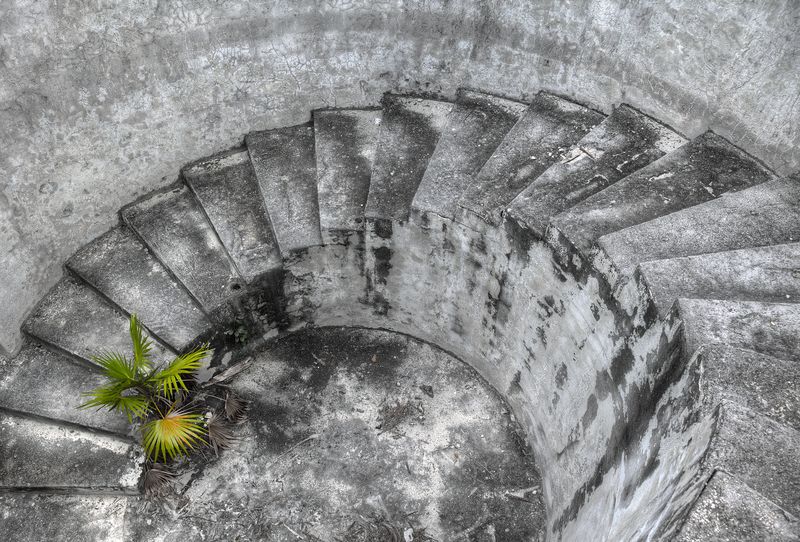Ancient Stairs Played an Integral Role in Everyday Life
Stairs have been present in our lives for thousands of years. Already in ancient times, people appreciated their practical advantages.

Throughout history, stairs have been a common architectural feature in many cultures. From the ancient Egyptians to the Romans, stairs have been used for various purposes and have played an integral role in everyday life.
Stairs in many cultures
The Ancient Egyptians: Stairs for Temples and PyramidsnnThe ancient Egyptians were the first to use staircases in their architecture. They used stairs to access the upper floors of temples, as well as to reach the top of the great pyramids. The staircases were made with mud bricks and were often decorated with colorful paints and inscriptions.nnThe Ancient Greeks: Stairs in Homes and TemplesnnThe ancient Greeks also used stairs in their architecture. They used them to access the upper floors of homes and temples. The staircases were often made of marble and decorated with intricate carvings.nnThe Romans: Stairs for Waterways and AqueductsnnThe Romans used stairs in a variety of ways. They used them to access the upper floors of homes, as well as to access the waterways and aqueducts they built. The staircases were often decorated with marble and mosaics.nnThe Middle Ages: Stairs for Castles and CathedralsnnDuring the Middle Ages, stairs were used to access the upper floors of castles and cathedrals. These staircases were often made with stone and were often elaborately decorated.
The Importance of Stairs in Everyday Life
Throughout history, stairs have been an important part of everyday life. They allowed people to access the upper floors of their homes and buildings, as well as to access waterways and aqueducts. Stairs were also used for religious ceremonies, such as processions to the top of temples and pyramids.nnnStairs have been an integral part of many cultures throughout history. From the ancient Egyptians to the Romans, stairs have been used for various purposes and have played an important role in everyday life.
Recent Comments
No comments to show.



